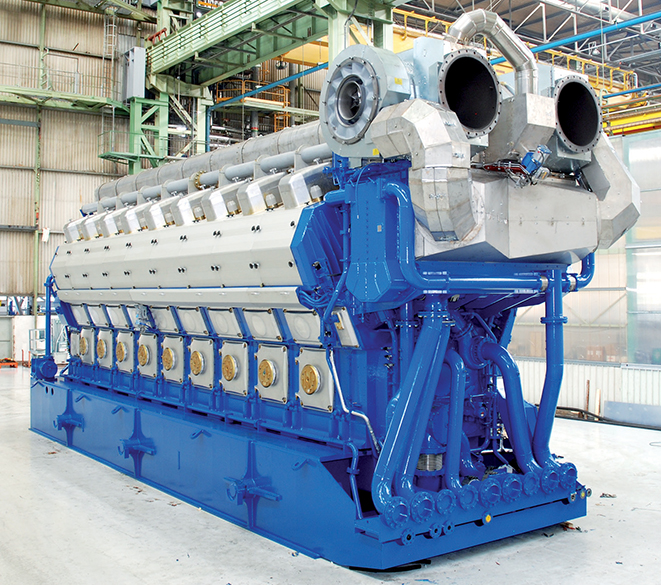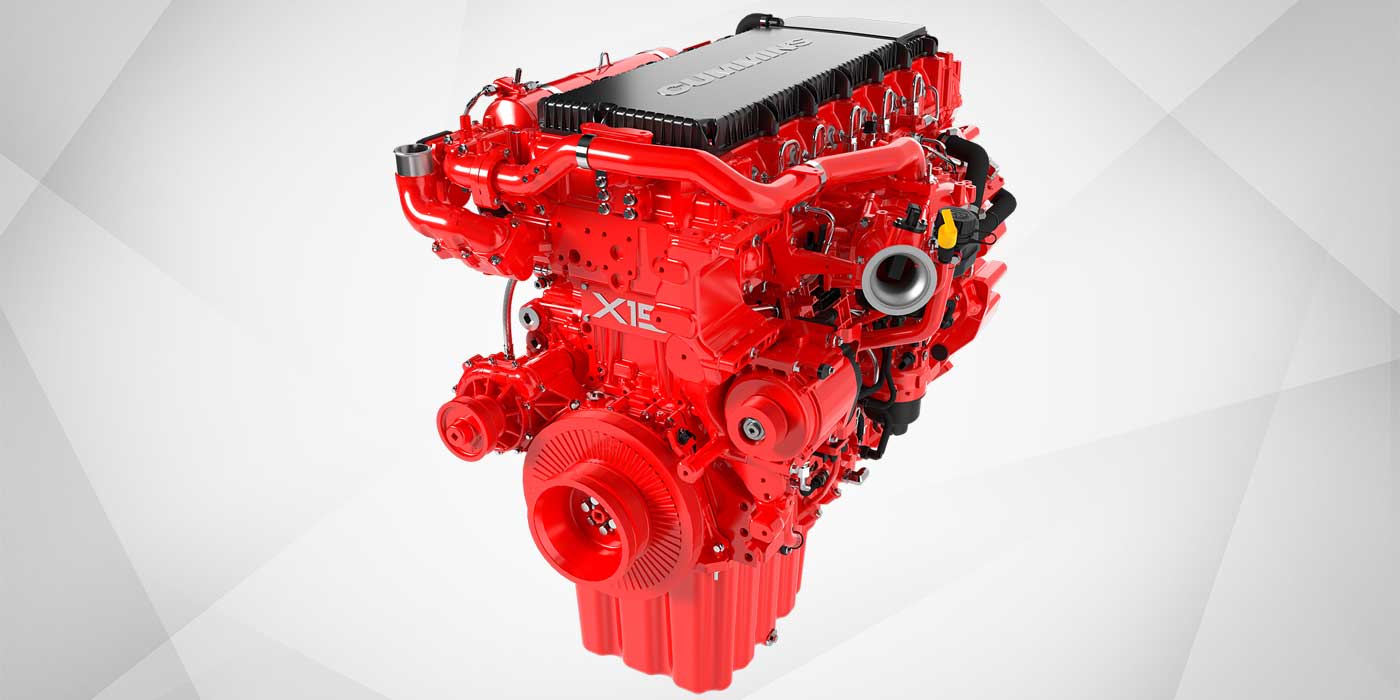A Total Overview to Buying from Engines For Africa
A Total Overview to Buying from Engines For Africa
Blog Article
Explore a Large Range of Engines for each Vehicle and Purpose
The auto landscape is increasingly intricate, with a diverse variety of engine types created to satisfy specific performance and effectiveness requirements throughout numerous vehicle groups. Additionally, durable engines offer the demands of work vehicles, while eco-friendly alternatives are obtaining grip in the pursuit of sustainable transport.
Sorts Of Automotive Engines
Automotive engines can be classified into several distinctive types, each developed to meet particular performance and performance needs. One of the most typical categories include inner burning engines, electric engines, and hybrid systems.

Electric engines, on the other hand, run on electric power stored in batteries, offering instantaneous torque and zero exhausts. These engines are ending up being progressively popular due to advancements in battery technology and the growing emphasis on sustainability.
Hybrid systems integrate both internal burning and electric engines, enabling vehicles to maximize fuel performance and reduce emissions by effortlessly switching over between power sources. Each engine type provides its drawbacks and advantages, affecting elements such as automobile style, planned use, and market need. When picking the suitable engine for their details demands., recognizing these distinctions is crucial for makers and consumers alike.
Performance Engines for Sports Cars
Efficiency engines for sports cars and trucks are particularly crafted to supply enhanced power, rate, and dexterity, establishing them in addition to standard vehicle engines. These engines often use advanced innovations such as turbocharging, supercharging, and variable shutoff timing to make the most of performance and responsiveness.
Usually, performance engines are designed with higher compression proportions, which enable for higher power removal from fuel. This causes excellent horsepower and torque figures, enabling quick velocity and higher full throttle. Moreover, the lightweight products used in these engines, such as light weight aluminum and carbon fiber, contribute to lowered overall vehicle weight, enhancing handling and ability to move.
Engine configurations like V6, V8, and also hybrid systems prevail in efficiency sporting activities automobiles, each offering special advantages in terms of power distribution and driving dynamics. The tuning of these engines is additionally essential; numerous suppliers enhance the engine management systems to give an exciting driving experience, typically consisting of sport settings that change throttle response and equipment shifts.
Reliable Engines for Daily Commuters
In the realm of everyday commuting, effective engines play an important duty in optimizing gas economic situation and lessening discharges while providing reputable performance. As metropolitan populaces expand and ecological concerns magnify, the need for vehicles equipped with effective powertrains has surged.
Modern engines created for daily commuters frequently include innovations such as turbocharging, direct gas injection, and crossbreed systems. Turbocharging boosts engine effectiveness by compeling more air into the combustion chamber, enabling for smaller, lighter engines that do not compromise power outcome. Straight fuel injection boosts fuel atomization, resulting in much better combustion and raised performance.
Hybrid engines, Get More Information incorporating interior combustion with electric power, more boost gas economic climate, especially in stop-and-go website traffic, where traditional engines can endure from inefficiencies. Electric motors help throughout acceleration and can operate separately at low speeds, reducing general gas usage.
Moreover, advancements in engine administration systems and light-weight materials contribute dramatically to efficient engine design. By concentrating on performance, durability, and ecological sustainability, suppliers remain to deliver engines that not dig this just satisfy the demands of daily travelling but likewise align with international initiatives to lower carbon impacts.
Heavy-Duty Engines for Work Autos
Heavy-duty engines for work automobiles are consistently engineered to deliver exceptional torque and integrity under demanding problems. These engines are developed to do in settings where typical engines might falter, such as construction sites, logging operations, and farming settings. The main emphasis of durable engines is their ability to produce high degrees of power while keeping resilience over extended periods of procedure.
Typically, sturdy engines use innovative materials and durable building methods to stand up to the roughness of hefty work. Features such as reinforced cylinder blocks, boosted cooling systems, and advanced fuel injection modern technologies add to their effectiveness. These engines usually run at lower RPMs, which assists to enhance gas efficiency while giving the required power for lugging and transporting.
In addition to mechanical effectiveness, sturdy engines are commonly equipped with innovative electronic control units (ECUs) that manage efficiency, emissions, and diagnostics. This integration permits much better surveillance and maintenance, ensuring that work vehicles stay functional and efficient.
Inevitably, heavy-duty engines are a crucial component in the productivity of different sectors, providing the required power and dependability to deal with the hardest of tasks.
Eco-Friendly Engine Options
The growing emphasis on sustainability has caused the advancement of environment-friendly engine choices that focus on reduced discharges and boosted gas performance. These engines are developed to lessen the ecological effect of automobiles while still delivering the efficiency and dependability expected by consumers.
Among the most remarkable green choices are electric and hybrid engines. Crossbreed engines integrate standard interior combustion engines with use this link electric propulsion, enabling lowered gas usage and lower greenhouse gas emissions. Electric engines, on the other hand, run completely on battery power, producing zero tailpipe exhausts and adding to cleaner air high quality.
One more promising advancement is the development of biofuel engines, which make use of renewable energies, such as plant products, to power automobiles (Engines For Africa). By utilizing biofuels, these engines can lower reliance on fossil gas and lower total carbon footprints

As the automobile sector advances, eco-friendly engine alternatives will play a vital role in driving the transition towards more sustainable transport services.
Conclusion
The automotive sector offers a varied variety of engines created to meet various vehicle demands and objectives. From high-performance engines that improve cars capabilities to efficient designs focusing on gas economic climate for day-to-day commuters, each kind offers a specific feature. Durable engines satisfy robust work cars, while environment-friendly options, such as electrical and biofuel engines, promote sustainable transport. This extensive array makes certain that all driving demands are addressed, adding to advancements in vehicle innovation and ecological stewardship.

Report this page